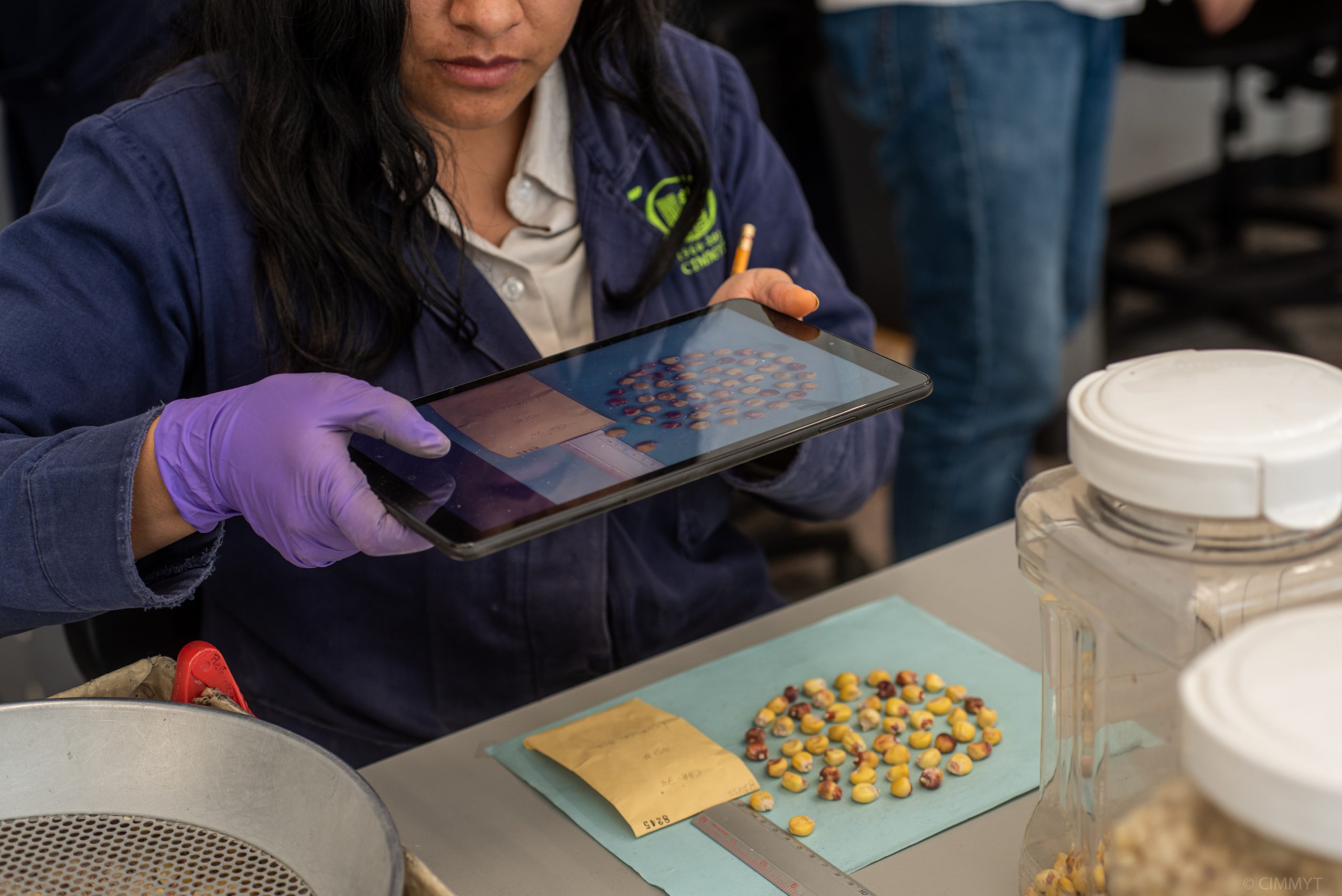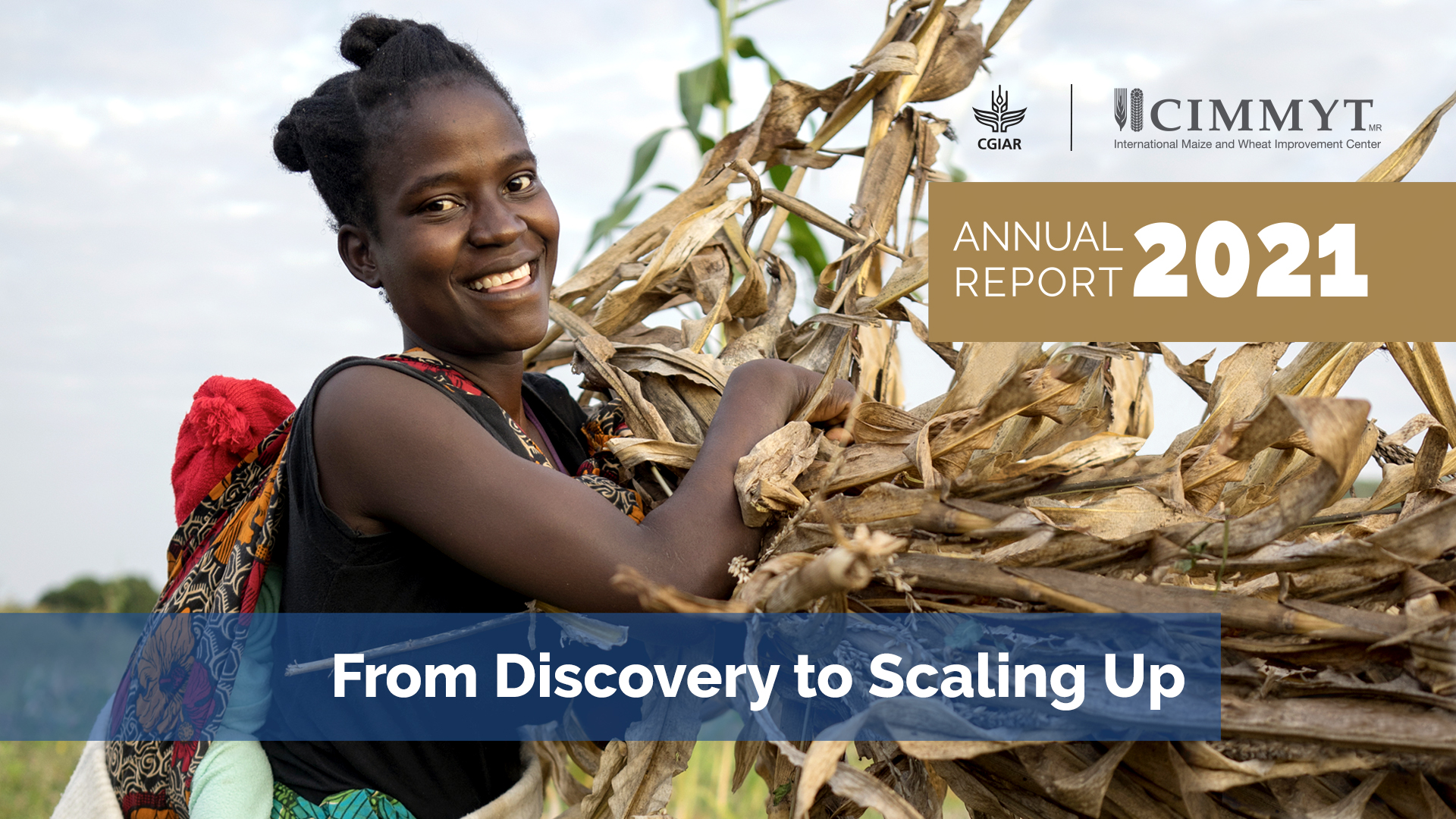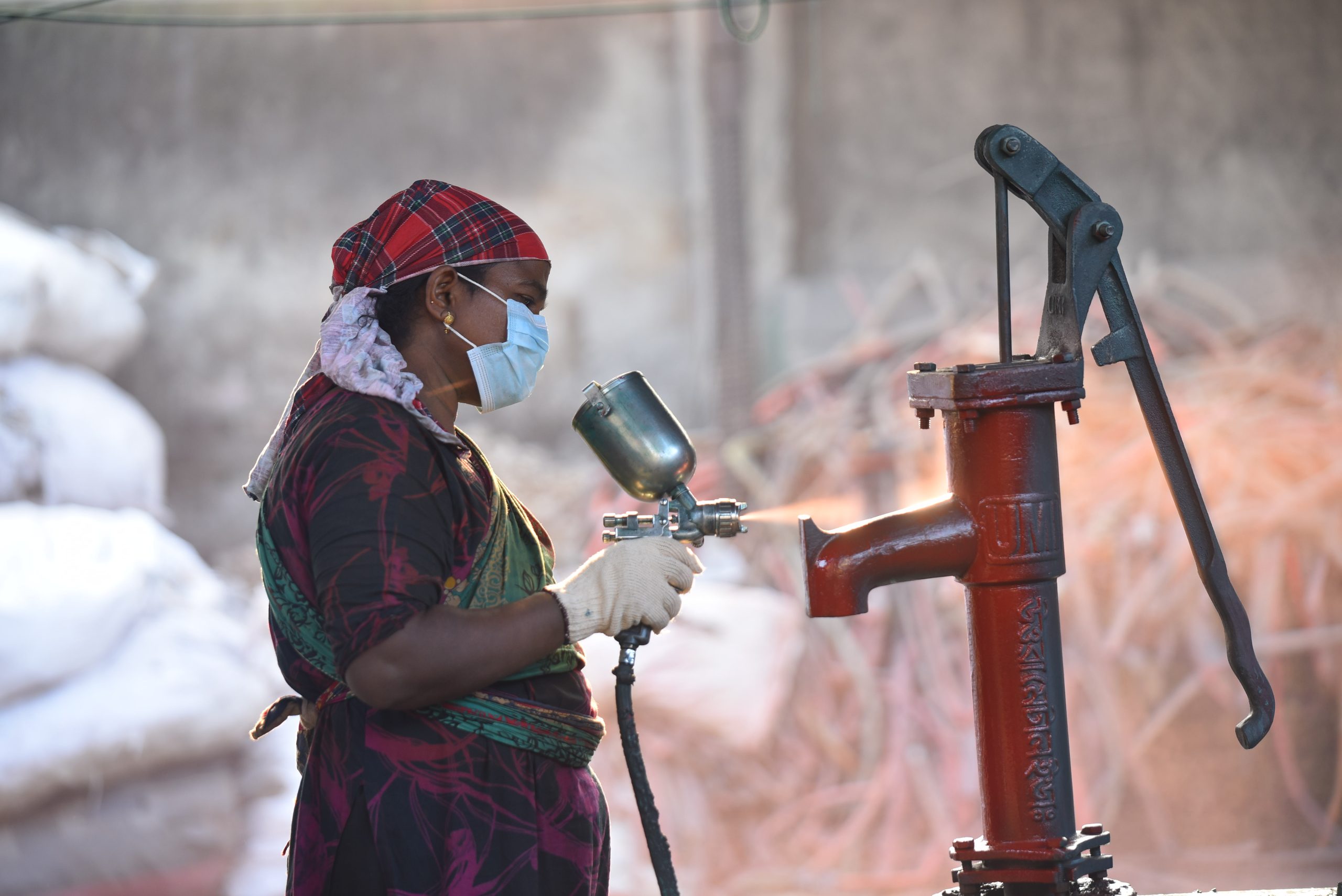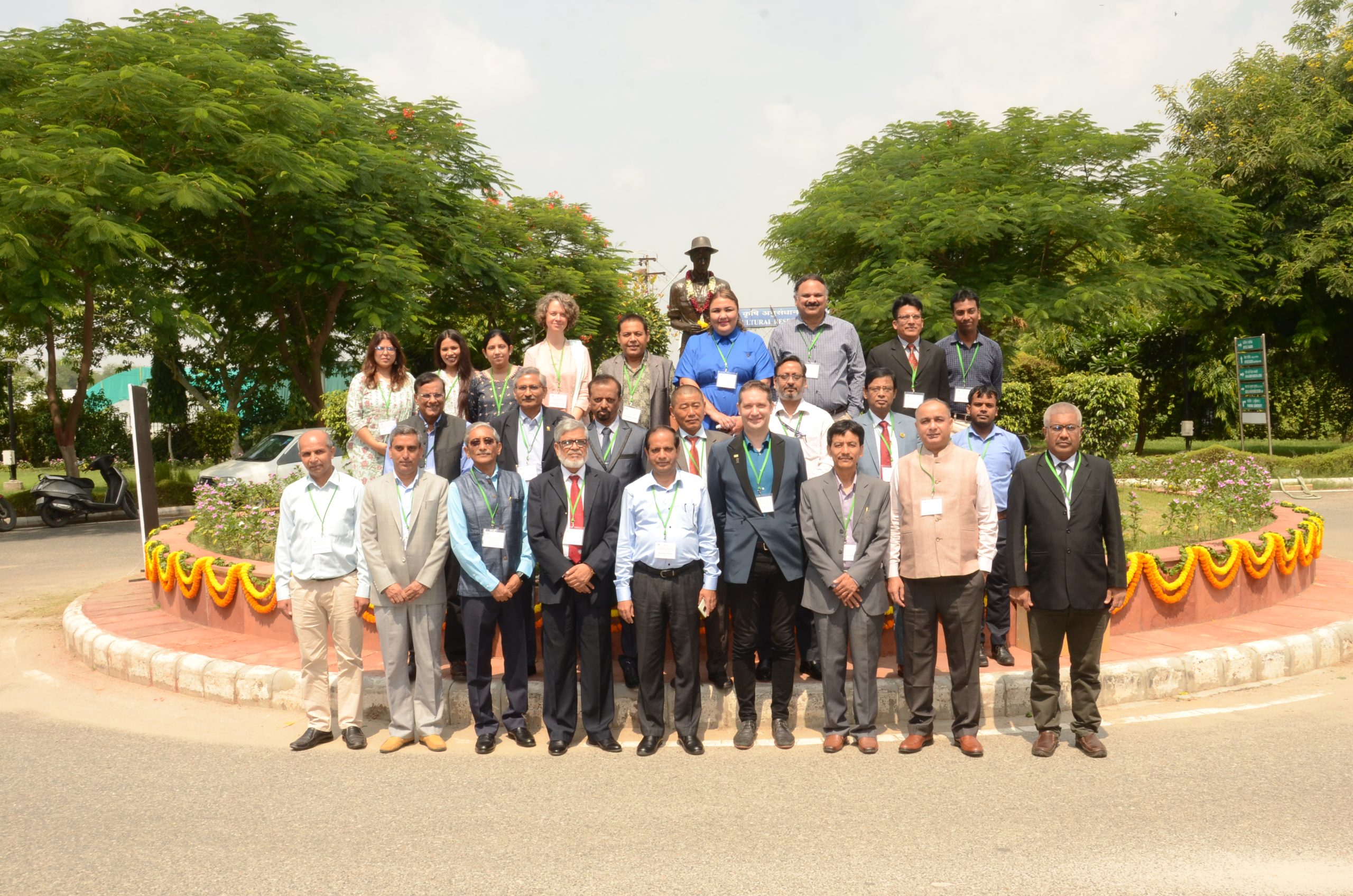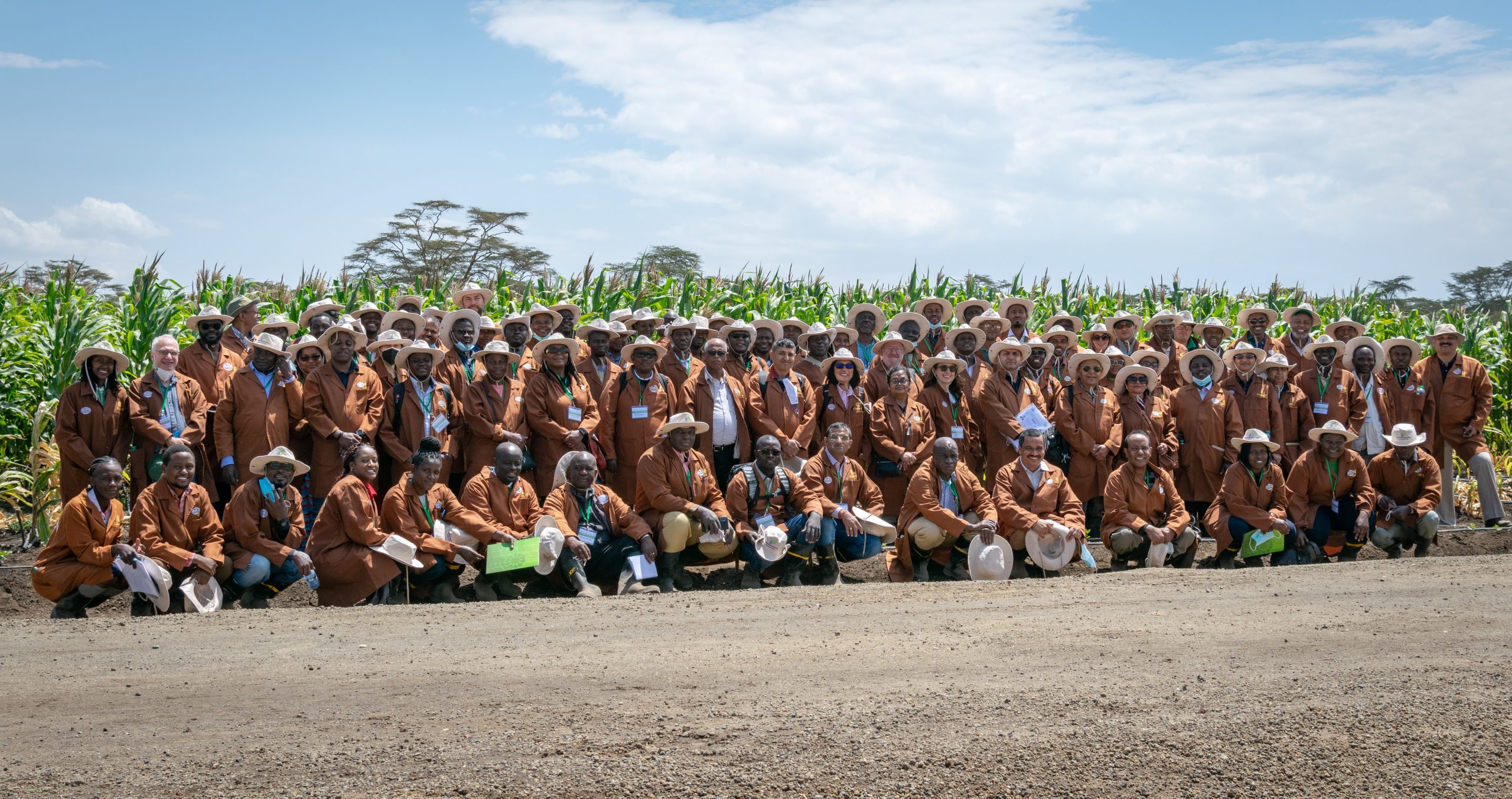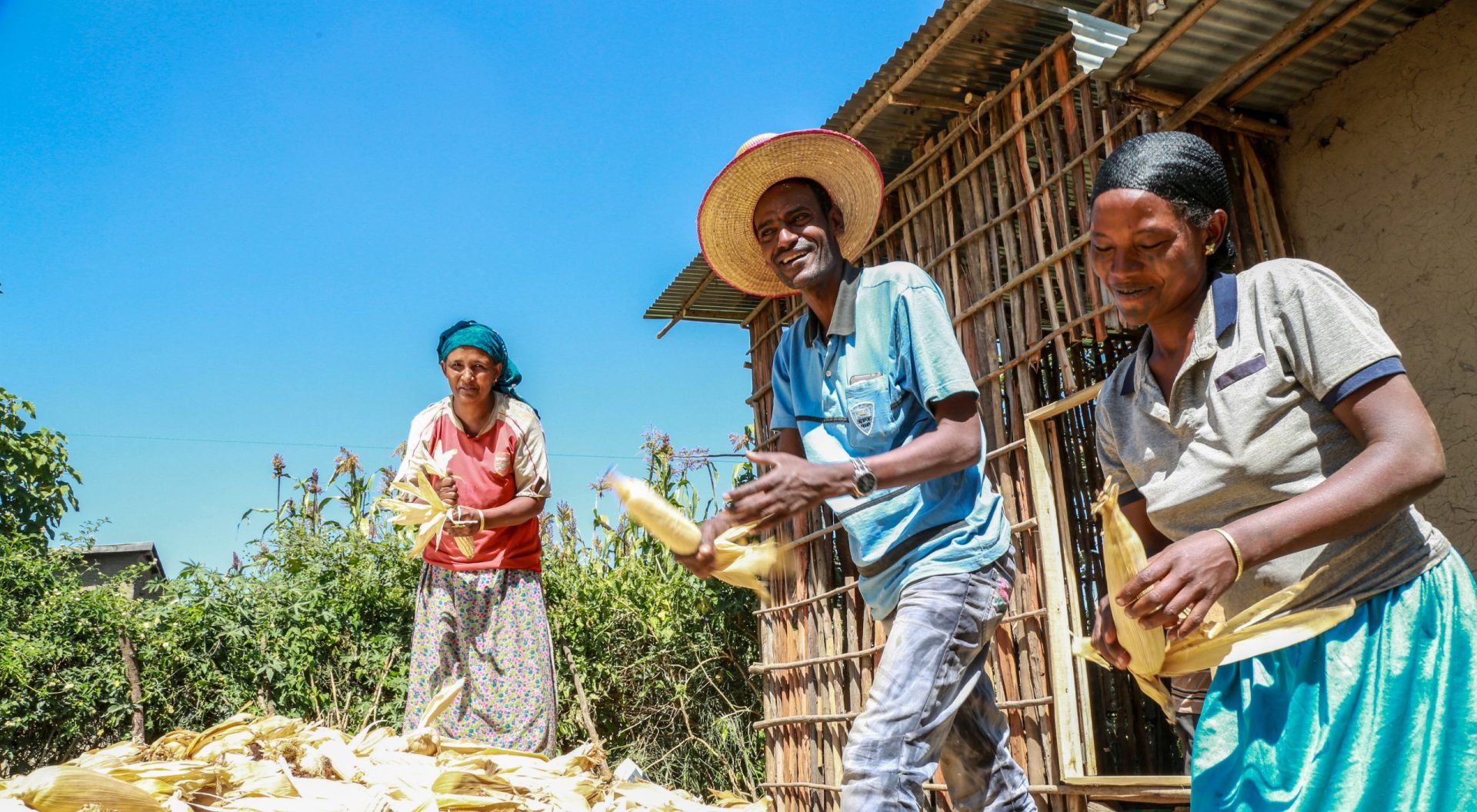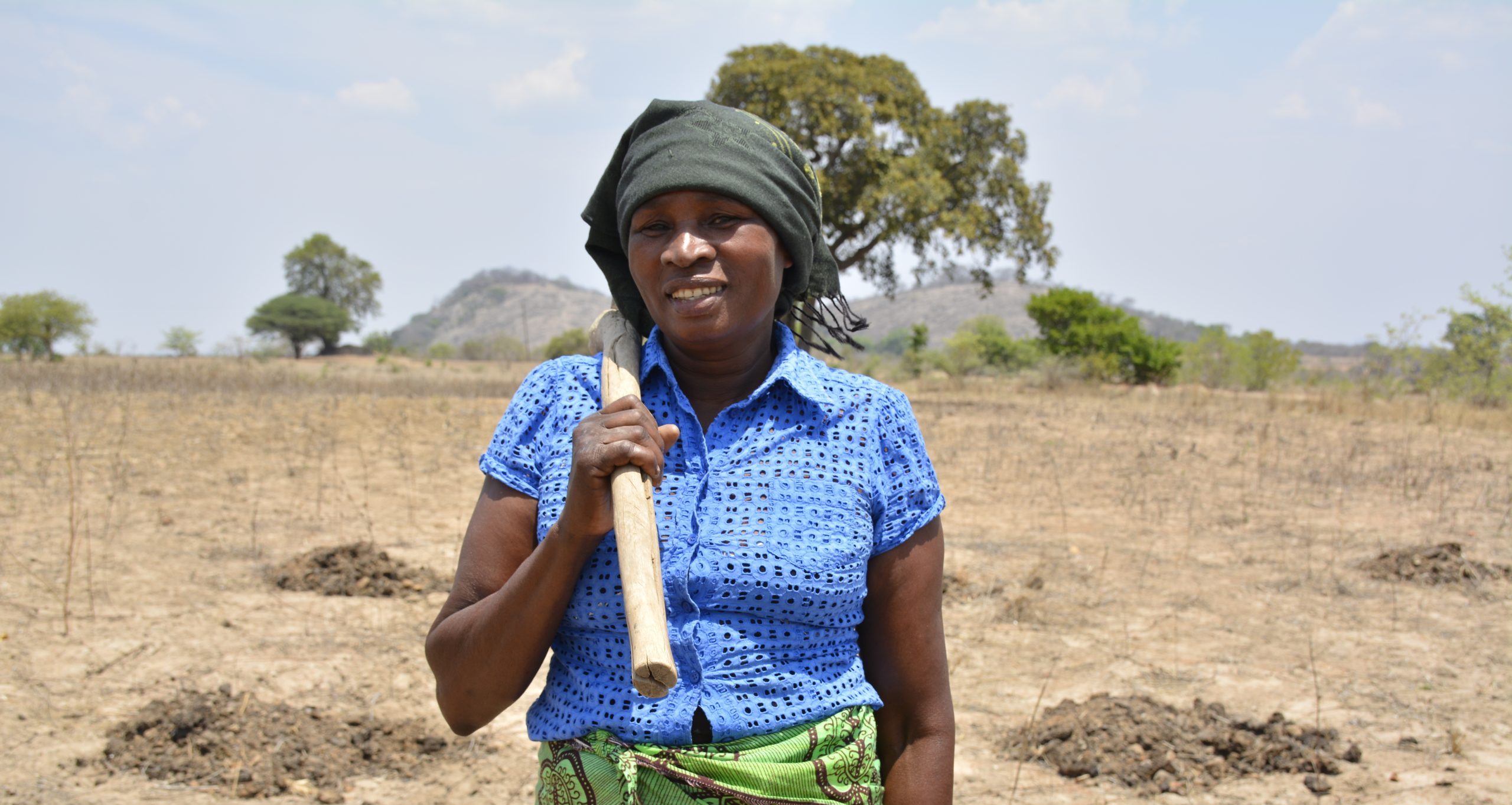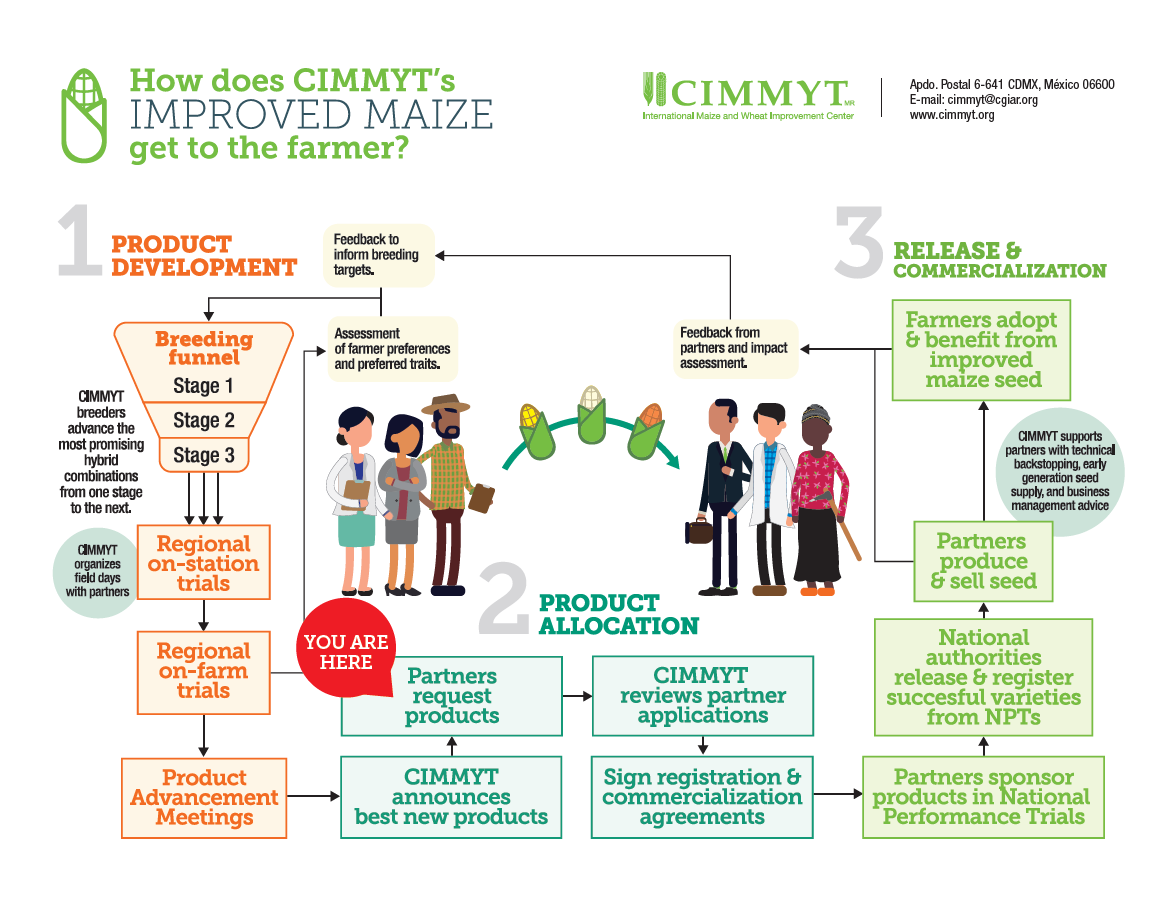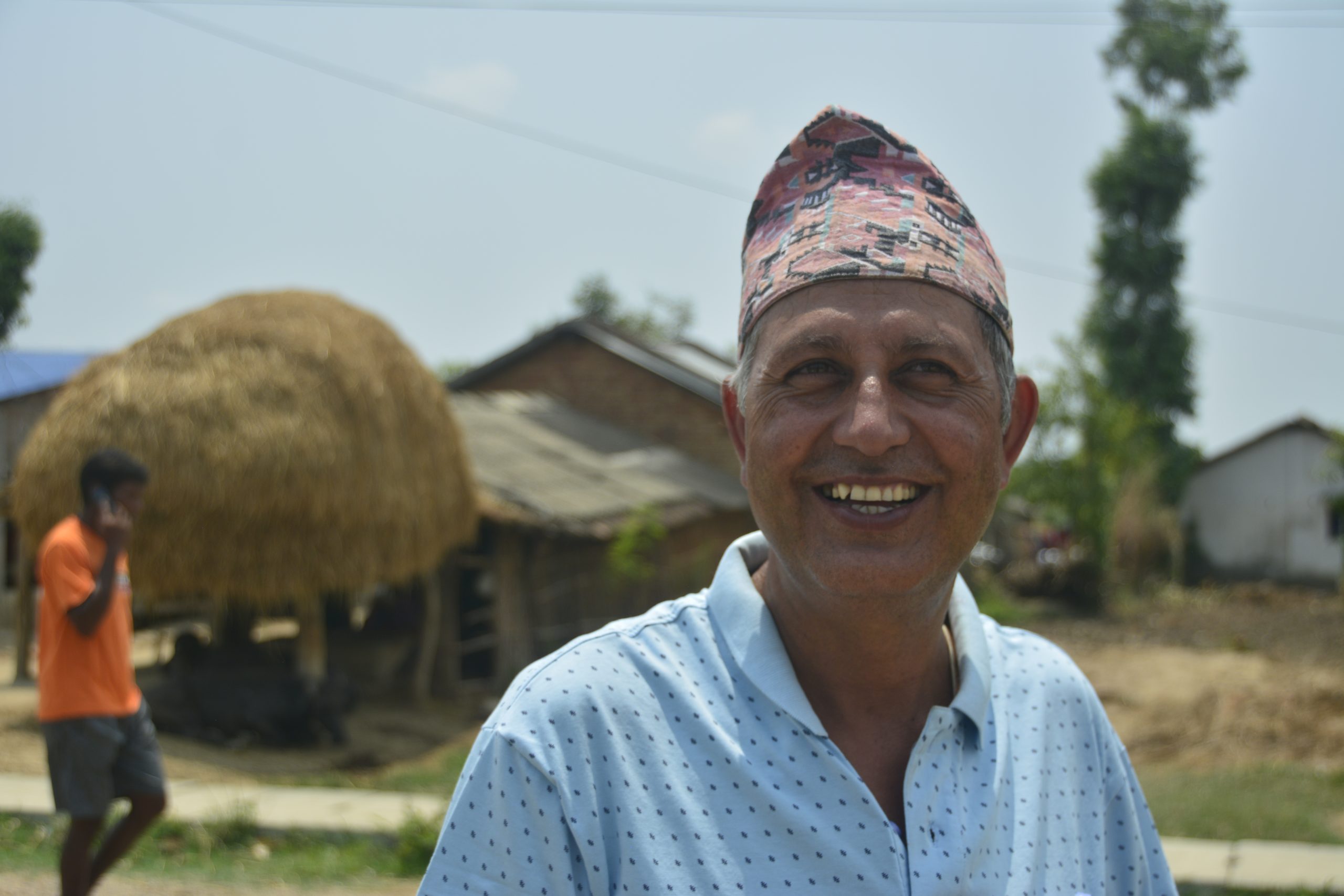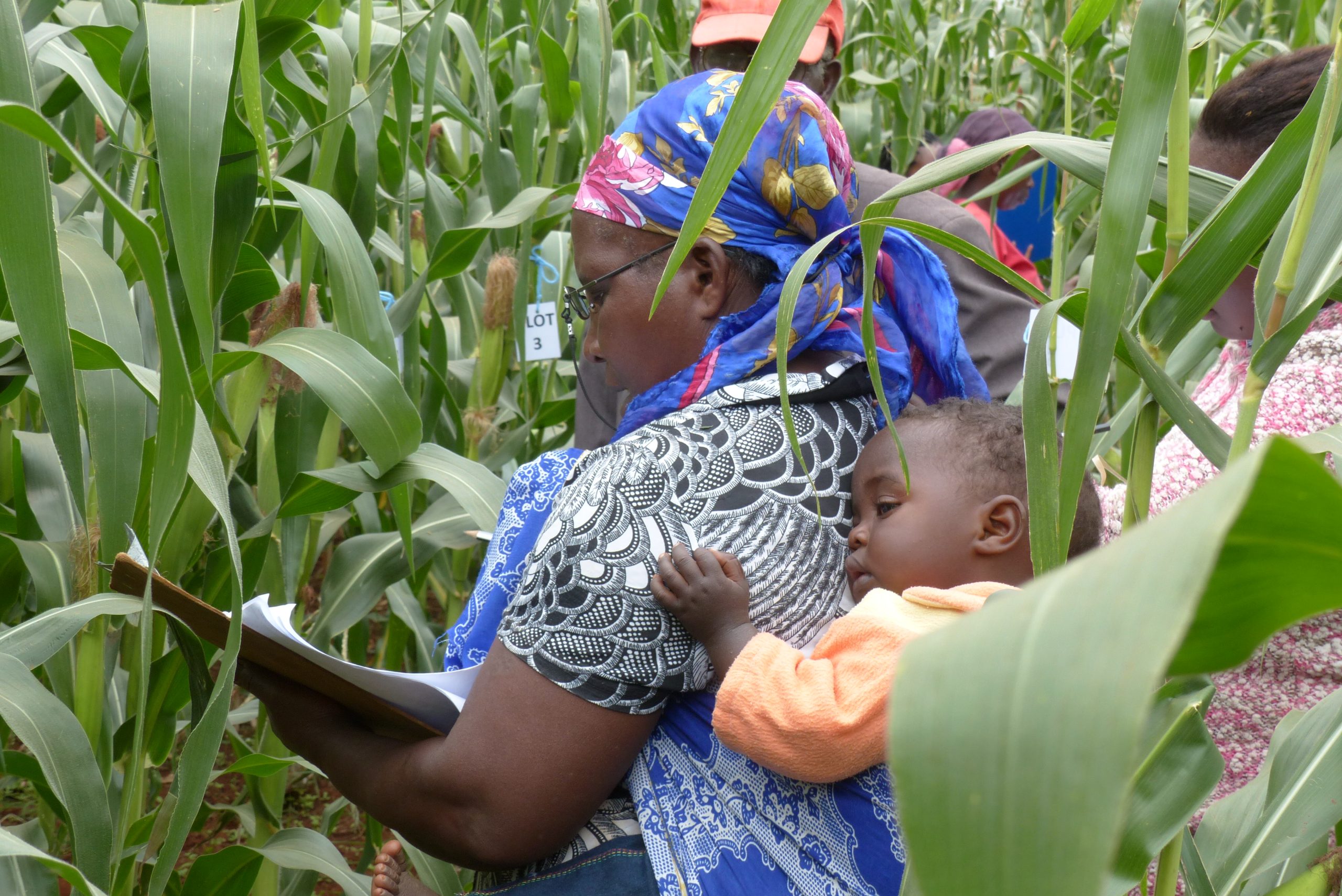Maize
Annual Report 2021 launched
 Capacity development
Capacity development
CIMMYT discovers and validates new science, translates it into innovations, and scales them up for farmers and society.
Stepping up for South Asian women
 Gender equality, youth and social inclusion
Gender equality, youth and social inclusion
Through the CSISA project, CIMMYT is helping female farmers in Bangladesh, India, and Nepal to receive the recognition and opportunities they deserve.
Expanding BISA expertise to new horizons in South Asia
 Nutrition, health and food security
Nutrition, health and food security
Senior government representatives from across South Asia join forces to consolidate food security in the region.
AGG-Maize project registers impressive progress
 Nutrition, health and food security
Nutrition, health and food security
Achievements and next steps discussed at the review meeting in Nairobi, Kenya.
Special issue on gender research in agriculture highlights CIMMYT’s work on gender inclusivity
 Gender equality, youth and social inclusion
Gender equality, youth and social inclusion
New issue spotlights importance of gender inclusive approach to agricultural research for development.
The world cannot ignore the global food crisis and its consequences
 Climate adaptation and mitigation
Climate adaptation and mitigation
Source: Des Moines Register (25 Sep 2022)
Cary Fowler, US Special Envoy for Global Food Security, mentions CIMMYT as one example of institutions “contributing significantly to global food security.”
Drought-tolerant maize and use of forecasting in agriculture praised by the Bill & Melinda Gates Foundation
 Climate adaptation and mitigation
Climate adaptation and mitigation
CIMMYT and CGIAR scientists develop drought-tolerant maize and use forecast information to prevent the spread of crop diseases.
Strengthening capacity and building national and regional partnerships in the seed sector
 Capacity development
Capacity development
CIMMYT and its partners provide training on hybrid maize seeds to value chain actors from South Asia.
New CIMMYT maize hybrid available from South Asian Tropical Breeding Program
 Innovations
Innovations
CIMMYT is offering a new improved maize hybrid to partners, to scale up production for farmers in the region.
Growing confidence in the maize business
 Capacity development
Capacity development
Agricultural businesses are investing in maize to reduce Nepal’s reliance on imports of the crop and to improve the experiences of farmers.
Novel technology to reduce the complexity of maize seed production and increase maize hybrid yields in farmer’s fields
 Capacity development
Capacity development
Collaborative field evaluations reveal promising results for sub-Saharan Africa’s low input maize farming systems and commercial seed production.
